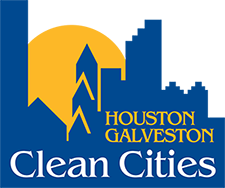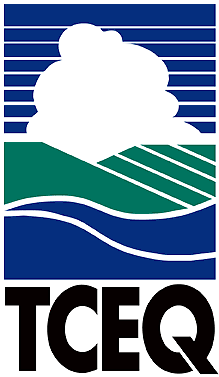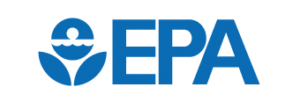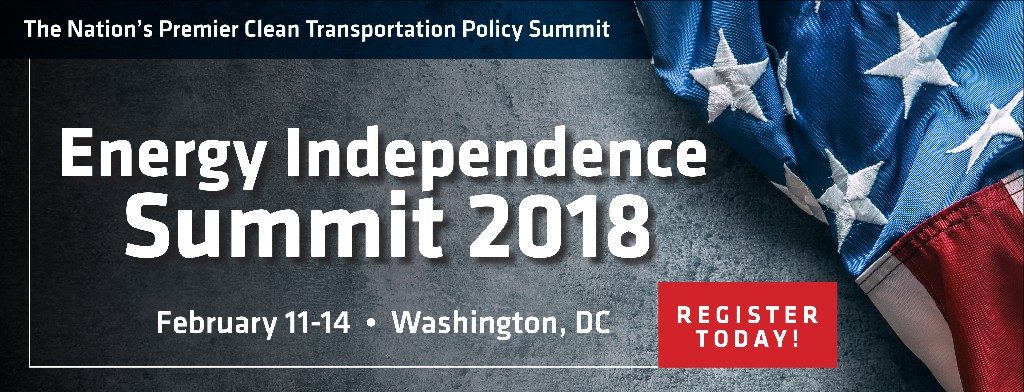$15.5 Million in Grant Funds Available until May 31, 2019, or until all available funds are awarded.
The Texas Commission on Environmental Quality (TCEQ) is accepting applications for the Texas Emissions Reduction Plan (TERP) Texas Natural Gas Vehicle Grants Program (TNGVGP). Individuals, businesses, and governmental entities that currently operate heavy-duty or medium-duty motor vehicles in Texas are invited to repower the vehicles with a natural gas or propane engine, or replace the vehicle with a new natural gas or propane powered vehicle.
Only diesel or gasoline vehicles with a gross vehicle weight rating greater than 8,500 lbs. are eligible for repower or replacement under the TNGVGP.
Eligible fuels for the new vehicle include Compressed Natural Gas (CNG), Liquid Natural Gas (LNG), or Liquid Propane Gas (LPG).
Grants will be awarded only to applicants who will operate their new or repowered vehicle in a county located within the Clean Transportation Zone (CTZ). The CTZ includes counties that are located along and inside the triangular area between the Houston, San Antonio, and Dallas-Fort Worth areas, and in the area in and between the Corpus Christi, Laredo, and San Antonio areas. For a complete list of CTZ counties, please visit the TERP TNGVGP webpage.
The list of eligible new Natural Gas vehicles, engines and conversion systems is available on the TERP TNGVGP webpage. TERP staff is also available to assist with the application process. Contact us toll-free at 800-919-TERP (8377) with any questions regarding the grant application process. Hard copies of the RFGA and application forms may be mailed to interested applicants upon request.
In the aftermath of Hurricane Harvey, the TCEQ has implemented special policies and procedures to encourage the repower or replacement of vehicles and equipment damaged or destroyed by Hurricane Harvey with new natural gas or propane powered vehicles. Appendix F of the Request for Grant Applications (RFGA) outlines the special policies and procedures that will apply to eligible vehicles and equipment impacted by Hurricane Harvey.
Applications will be accepted until 5:00 p.m. CST, Thursday, May 31, 2019, or until all available funds are awarded.


 On Thursday, February 15, 2018, TxDOT’s Houston District Office held a ribbon cutting ceremony for its new Electric Vehicle Fleet Kickoff. Dalton Pratt, TxDOT Fleet Operations Director and Quincy Allen, TxDOT Houston District Engineer spoke about the exciting move into the future. The vehicles that have been added to the fleet include two EV’s, the Nissan Leaf and Chevy Bolt, and two hybrid vehicles, the Ford C Max Energi and Toyota Prius Prime. Employees participated in test drives and charging station demonstrations.
On Thursday, February 15, 2018, TxDOT’s Houston District Office held a ribbon cutting ceremony for its new Electric Vehicle Fleet Kickoff. Dalton Pratt, TxDOT Fleet Operations Director and Quincy Allen, TxDOT Houston District Engineer spoke about the exciting move into the future. The vehicles that have been added to the fleet include two EV’s, the Nissan Leaf and Chevy Bolt, and two hybrid vehicles, the Ford C Max Energi and Toyota Prius Prime. Employees participated in test drives and charging station demonstrations. The U.S. Environmental Protection Agency (EPA) awarded more than $1 million to the George Bush Intercontinental Airport in Houston, Texas, for electric shuttle buses. The funds, administered under the Diesel Emissions Reduction Act (DERA), help improve air quality by reducing harmful emissions from diesel vehicles.
The U.S. Environmental Protection Agency (EPA) awarded more than $1 million to the George Bush Intercontinental Airport in Houston, Texas, for electric shuttle buses. The funds, administered under the Diesel Emissions Reduction Act (DERA), help improve air quality by reducing harmful emissions from diesel vehicles. The Texas Commission on Environmental Quality (TCEQ) just announced $6.2M funding under their newly expanded Clean School Bus Program. The Clean School Bus Program open now will provide grants to public and charter schools as well as school transportation companies statewide to install exhaust retrofits as well as replace older diesel school buses with new school buses. One of those options includes replacement of older buses with cleaner-burning propane autogas school buses.
The Texas Commission on Environmental Quality (TCEQ) just announced $6.2M funding under their newly expanded Clean School Bus Program. The Clean School Bus Program open now will provide grants to public and charter schools as well as school transportation companies statewide to install exhaust retrofits as well as replace older diesel school buses with new school buses. One of those options includes replacement of older buses with cleaner-burning propane autogas school buses.